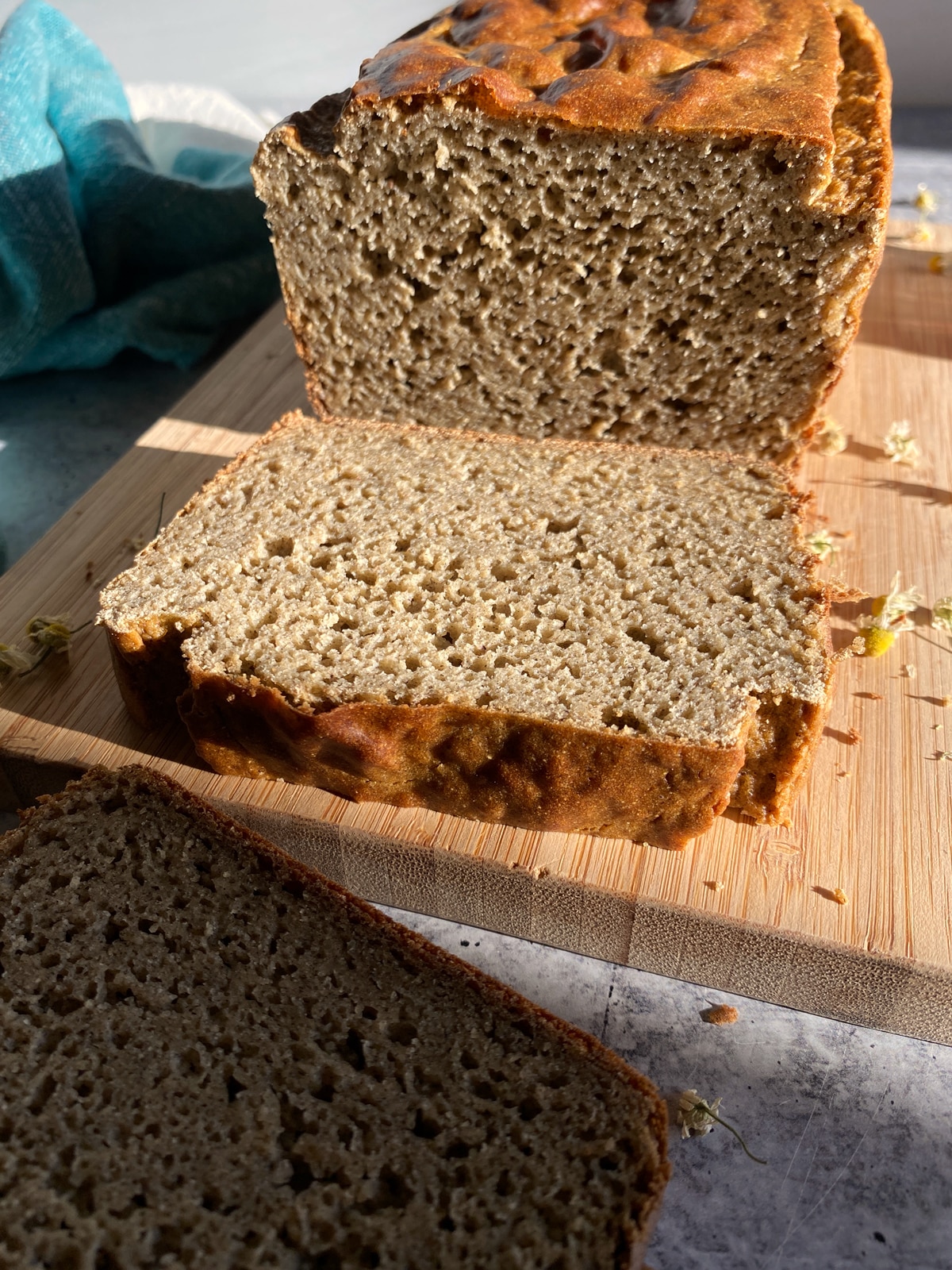Bread Makers Explore Potatoes and Plantains as Alternatives to Wheat Flour
The Federal Institute of Industrial Research (FIIRO) and Nigerian breadmakers are championing the use of alternative flours like cassava, plantain, and sweet potato to reduce the country’s heavy dependence on wheat imports.
FIIRO has pioneered technologies to incorporate these alternatives into bread production, positioning them as viable substitutes for wheat flour. The institute’s initiative aligns with efforts to bolster the local economy by promoting the use of homegrown raw materials.
In addition to economic benefits, breadmakers highlight the nutritional advantages of using these alternative flours, which are often richer in fiber, vitamins, and minerals. The shift could also cut production costs, potentially lowering bread prices for consumers.
The Nigerian government has thrown its support behind the initiative, providing funding and incentives for research and development in the bread-making industry.
Economic and Nutritional Benefits
This move to adopt alternative flours could bring substantial benefits, including:
Reduced Wheat Importation: Conserving foreign exchange by minimizing reliance on imported wheat.
Boost to Local Agriculture: Increased demand for cassava, plantain, and sweet potato could energize local farming and create jobs.
Enhanced Nutrition: Bread made from alternative flours offers improved dietary benefits due to higher fiber and mineral content.
Cost Savings: Lower production costs could translate into more affordable bread for consumers.


